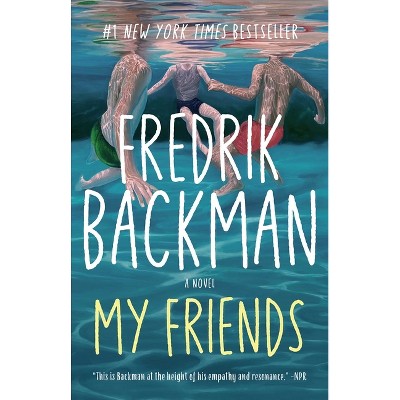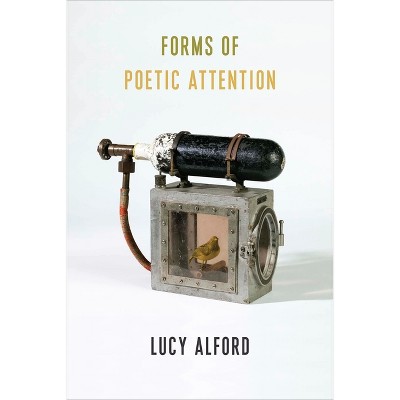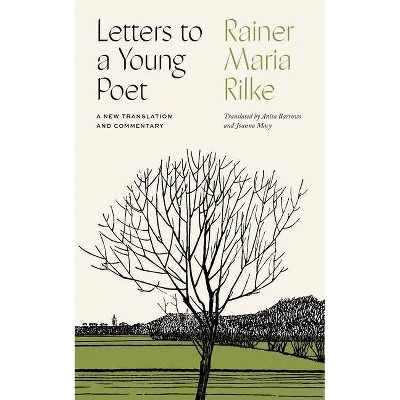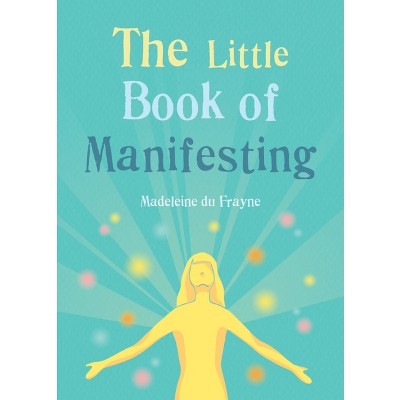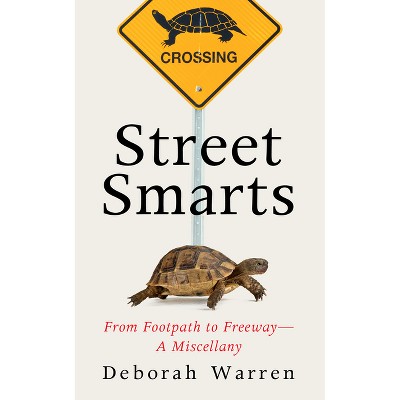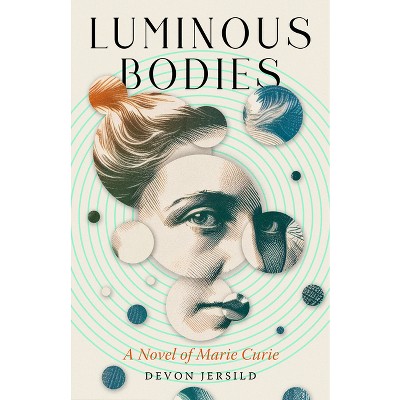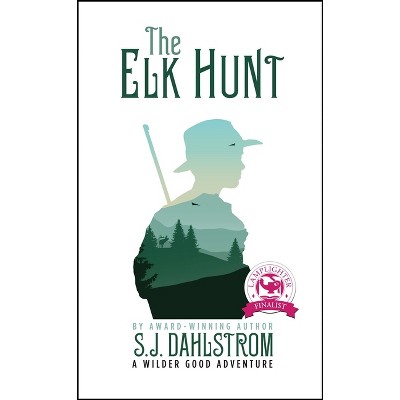Sponsored

Pass and Stow - by David Livewell (Paperback)
Pre-order
Sponsored
About this item
Highlights
- "Livewell's lyrics, frequently set in his home city of Philadelphia, remind us that good poems are the guarantors of our pasts and of our places.
- About the Author: David Livewell won the T.S. Eliot Poetry Prize for his first collection, Shackamaxon.
- 90 Pages
- Poetry, Subjects & Themes
Description
Book Synopsis
"Livewell's lyrics, frequently set in his home city of Philadelphia, remind us that good poems are the guarantors of our pasts and of our places."
--David Yezzi, author of More Things in Heaven: New and Selected Poems
David Livewell, whose first poetry collection Shackamaxon won the T.S. Eliot Poetry Prize, explores the difficult history of his hometown of Philadelphia and the many contradictions found in American life in his new collection, Pass and Stow.
John Pass and John Stow were foundry workers who recast the Liberty Bell in 1753, just down the street from where the poet was raised in the 1970s. The workers serve as emblems and reminders about the city's layered past and what outward and inward repair can achieve. Like the bell, what we are given can be melted down, renewed, and used again. Philadelphia was the birthplace of the country and the first capital of the United States, but it also has docks where slaves were sold, names from displaced Native Americans, faint marks of religious persecution, vacant factories that had supported generations, and, in the writer's childhood, scenes of race riots, drugs, violence, crime, and poverty.
In his Afterword, David Mason notes that many of the poems are set in "a city of memory and decay, endurance and mutability." They offer moments of awareness, meditation, articulation, and consolation that can lead to artistic discovery. Old street games help redeem the past and the poet's own family history. A ravaged North Philadelphia neighborhood also houses tough citizens with stories of adaptability and transcendence. Meditations on the somber lessons of the pandemic lead to poems that celebrate "custodians" who pass along history, skills, and friendship. Lastly, family poems and love poems affirm recent joys. In Pass and Stow, Livewell searches for a reunited and rejuvenated America, one that is forever unfolding from its past.
Review Quotes
ADVANCE PRAISE FOR PASS AND STOW:
"I wept over many pages of this extraordinary collection of poems, but not for sorrow: rather for other, subtler, more moving responses they evoke, from beginning to end, with their insistence on the degree to which living things need to communicate. One poem celebrates the way trees are in constant contact with each other through their roots; the themes of comprehension and the solitude caused by its lack turn up repeatedly; and the last handful of poems brims with passionate and profound gratitude to those who communicate and teach us how. "The Teacher," "The Book Man," "Telling the Books," "Two Poets at Hopkins' Grave," "Double Vision," brought me to tears, not because the people they recall are dead--everyone is, eventually--but because David Livewell remembers them with such genuine devotion, in language so richly worthy of their memory and the gifts they left us."
--Rhina P. Espaillat
"There is a whole, discrete, and wonderfully detailed world in these remarkable poems. David Livewell is a word-musician, wildly gifted, and he uses the conventions of formal poetry in his own way, for his own purposes. While certain masters hover in the distance, such as Frost or Stevenson, there is an accomplished voice here, deeply resonant. It's a domestic, urban world that Livewell summons, full of family and games, vivid memories, neighbors and neighborhoods, politics, and American history. Philadelphia is the center here; but it's the center of a large universe of wishes, needs, joys, sorrows--everything that makes us human. This collection delighted me, and I'll return to its pages again and again for pleasure and inspiration."
--Jay Parini
"David Livewell's latest collection is to be admired for its breadth of vision and generosity of spirit, and savored for its directness and meticulous eye for detail. Whether elegizing or eulogizing, confronting boyhood fears and familial ghosts, or evoking the images and echoes of lockdown, he marshals his subject-matter lucidly and perceptively. And his formal stanza structures with their graceful cadences are skillfully and subtly deployed, most tellingly in his tender love-lyrics and in his penetrating, at times unsettling, portrayal and peopling of Old Philly. Humane and dignified, this captivating volume lodges firmly in the mind, and touches the heart."
--Stewart Conn, author of The Touch of Time: New & Selected Poems
"The 'Lockdown' poems in David Livewell's poised and elegant collection come just as memories of those painful years of the virus have begun to fade. Only by seeing them clearly now--'All sounds have stopped. / No words. No outside world. No home'--may we hope to move beyond them. Livewell's lyrics, frequently set in his home city of Philadelphia, remind us that good poems are the guarantors of our pasts and of our places. They outlast pandemics every time."
--David Yezzi, author of More Things in Heaven: New and Selected Poems
PRAISE FOR SHACKAMAXON:
"Livewell's work, both elegy and eulogy, is a meeting place of its own, where quiet praise and deep grief mingle: praise for the gritty streets and crusty characters of Philadelphia neighborhoods, grief for the passing of friends, family, and even the neighborhoods themselves."
--Philadelphia Inquirer
"I'm glad that David Livewell's fine poems are achieving a deserved recognition."
--Richard Wilbur
"David Livewell has stared into the heart of old Philadelphia neighborhoods--into their history, into their ruin, into their resilience--and seen a whole world. He writes with grit and grace. The past is his passion, and he suffers its extremes in poems that can blaze or glow or sear--but are always real poems, poems whose warmth one wants to hold one's hands up to again and again."
--J. D. McClatchy
"There is something both tough-minded and tender about this work, which is so admirably concise and yet so resonant. Livewell can evoke a complicated life in a dozen perfect lines or summon a snowy evening from childhood fragrant with loss. This fine book reveals a poet of deep feeling and exquisite skill."
--Dana Gioia
About the Author
David Livewell won the T.S. Eliot Poetry Prize for his first collection, Shackamaxon. His poems have appeared in The Hudson Review, The Threepenny Review, Dark Horse, Poetry, The Yale Review, American Life in Poetry, The Hopkins Review, and other journals, and he received a 2025 fellowship from the New Jersey State Council on the Arts. Livewell was raised in the Kensington section of North Philadelphia, and today he lives with his family just outside of the city. David Mason is the author of eight books of poetry including The Country I Remember, Sea Salt, Davey McGravy (Paul Dry Books, 2015), The Sound, and Ludlow, which won the Colorado Book Award.Shipping details
Return details
Trending Book Pre-Orders




